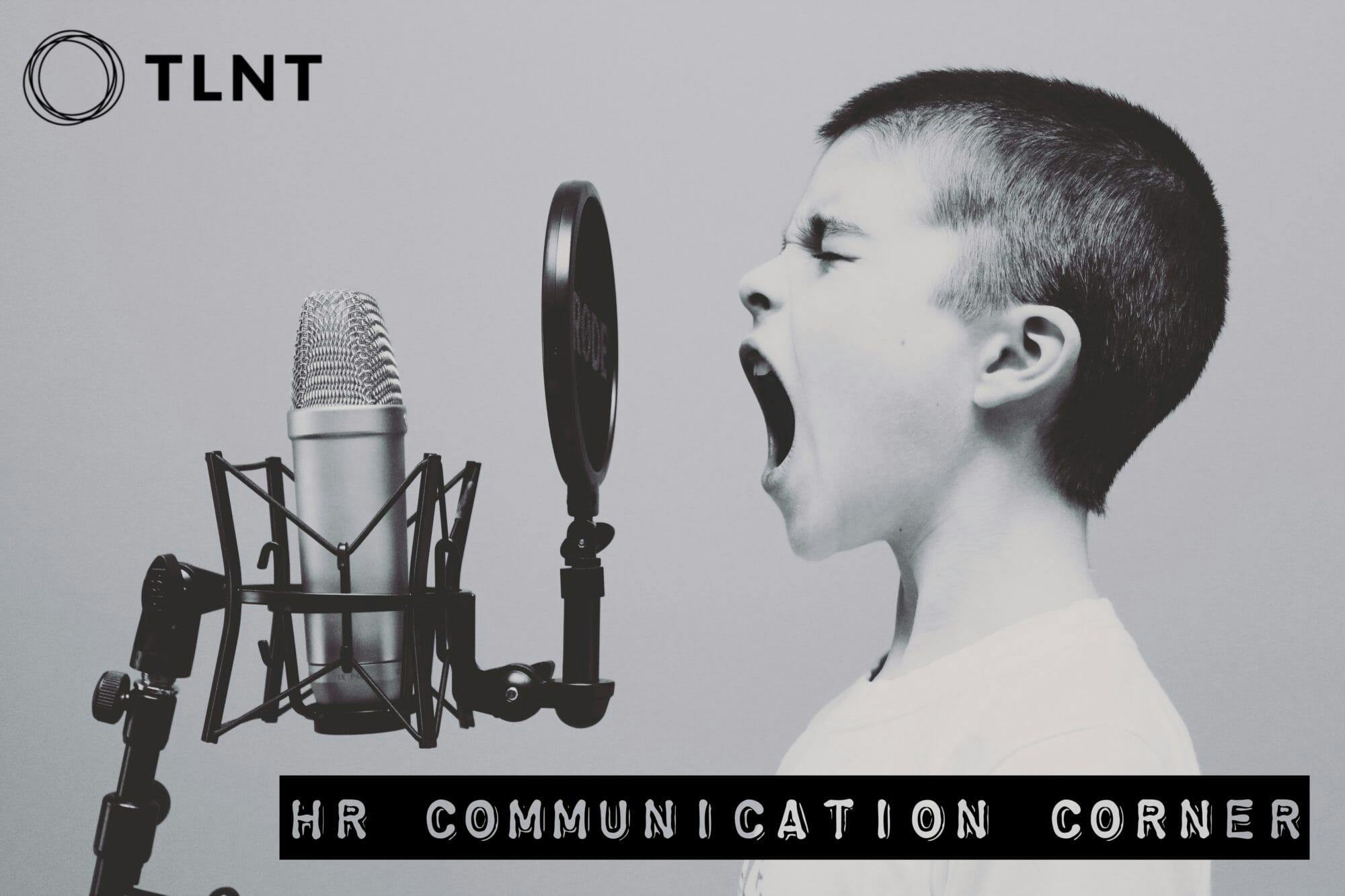In my first few years as owner/CEO of a small business, I wasted far too much time interviewing job applicants. My habit was to ask a few softball questions to put the candidate at ease, then to ask questions about their interests and values, and finally to zero in on their past job experience and technical expertise.
One particular interview still brings a smile. In fact, it was so memorable that I subsequently hired actors to recreate the interview for a model in a training program—of what not to say as a job candidate.
After spending about 20 minutes asking general questions about personality and values and overviewing our current opening, I got around to asking a technical question: “In your past jobs, what experience have you had that would qualify you for this specific job?”
“Well, not much. Except you said this job would require some heavy lifting. And that would be a big problem. I’ve got a bad back. So I miss a lot of work. With my bad back . . . from a car accident. . . , I had trouble lifting boxes on my last job. Hurt it even worse. So I had to sue my old employer for all those medical bills. But it’s a little better now. . . Of course, it doesn’t help my back any that I have to walk to work. Don’t have a car. That’s why I’m late so often—trying to get a ride from friends. They’re not always dependable.”
We ended the interview shortly thereafter. (Although, the applicant seemed willing to jabber on about her unfortunate circumstances and the lawsuit.)
Fortunately, I’ve learned a few things since those early days of hiring employees. I had the good fortune of observing some professional recruiters interview candidates, and came to realize the wisdom of reversing that entire process.
Here are the steps they executed brilliantly and productively in a one-hour time slot:
Step 1: Start with questions that dive into their background and technical expertise—as applied to your job. (45 minutes)
To delve into specific qualifications, frame your questions this way: “What have you done in your past that would qualify you to _______?” Or: “How would you approach the challenge of ______?” Or: “Can you identify a few steps you would take to solve the X problem?” “What similar problems have you solved in your past jobs?” Or: “What are your ideas to address the strategic goal of Y, already identified for someone in this position?”
In short, rather than have the candidate just regurgitate what’s on their resume, lead them to draw from their background to match their experience with your available opening.
Step 2: Ask your “values” questions to see if you have a personality and culture match. (5 minutes)
Some favorites: “In your opinion, what are the biggest ways people waste time on the job? What do you think are the reasons for this wasted time?” “Can you recall ever seeing or hearing about someone mistreated in the workplace? How did you handle or react to the situation?” “Tell me about a time you failed and what you learned from the situation.”
Step 3: Allow the candidates to ask you questions about the job or organization. (5-10 minutes)
As you know, the questions they ask you also reveal much about character, motivation, goals, work habits, and preparation.
To be both effective and productive in the interviewing process, pay attention to the structure of your conversation: First focus on the essential technical qualifications as they apply to your job. Then ask about the nice-to-know details you want to gather or offer information about the job or organization. The result: Maximum information in minimum time.
